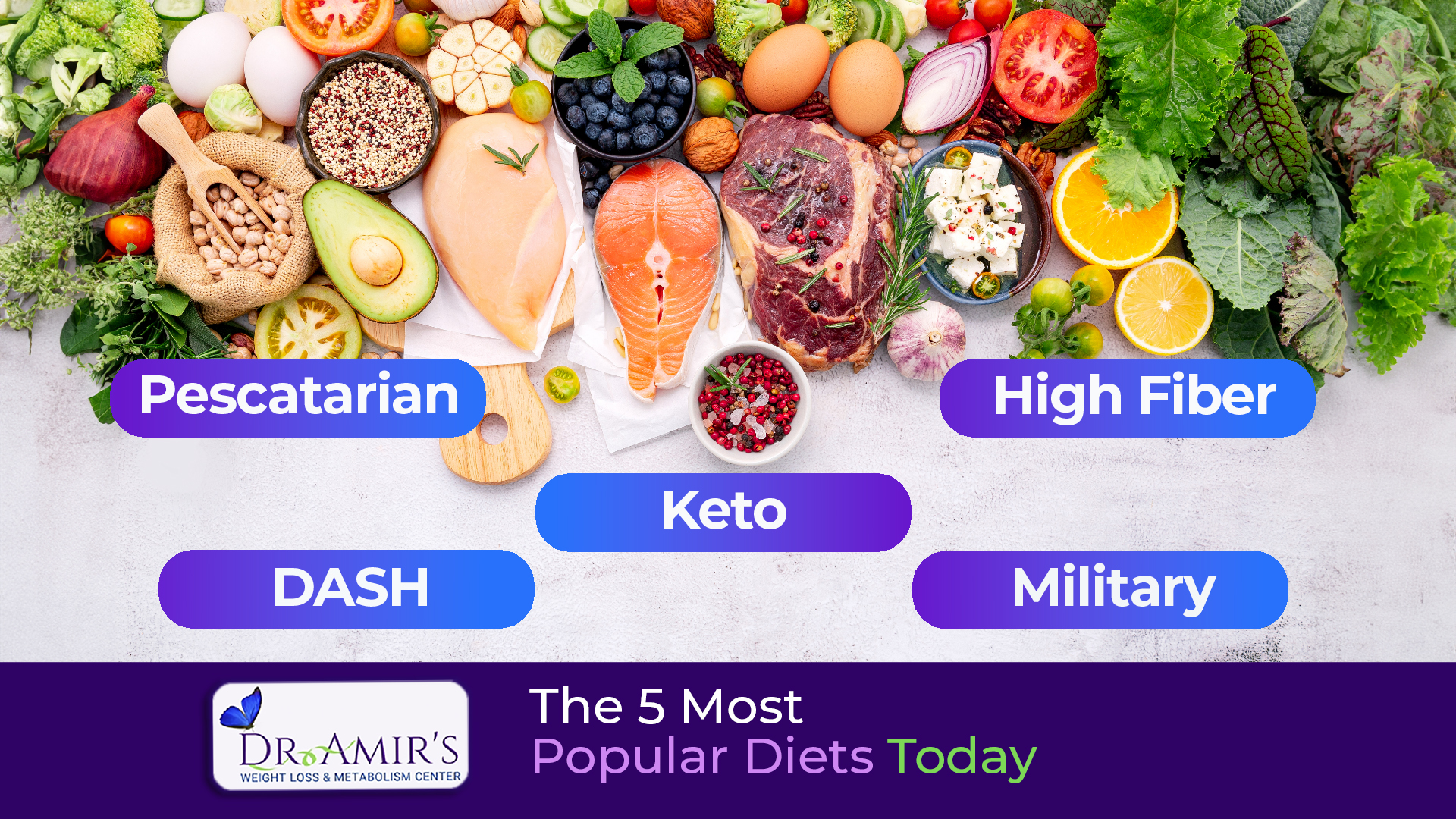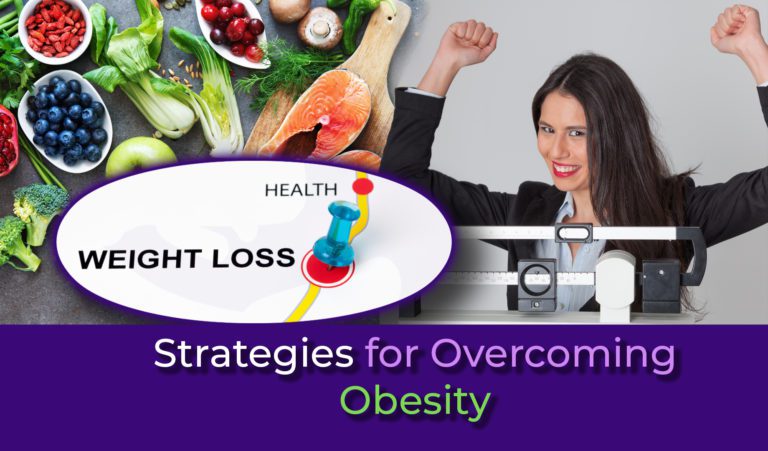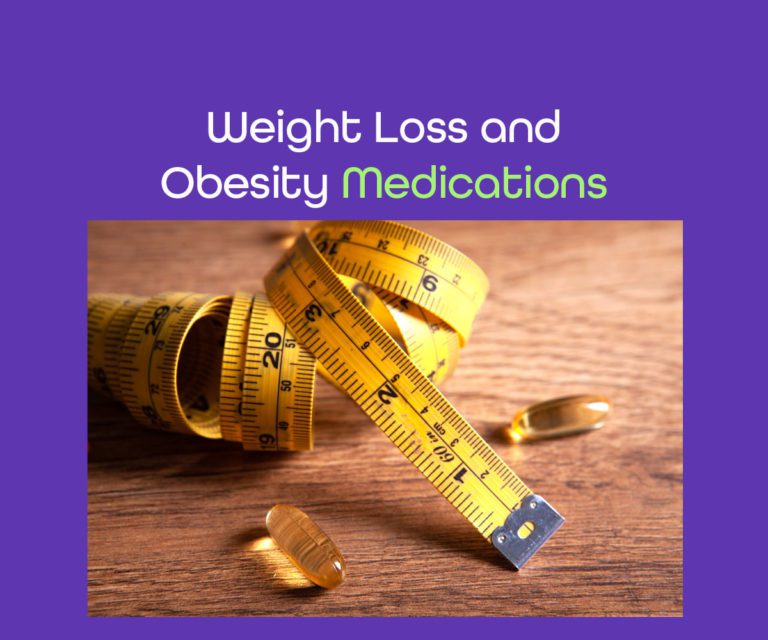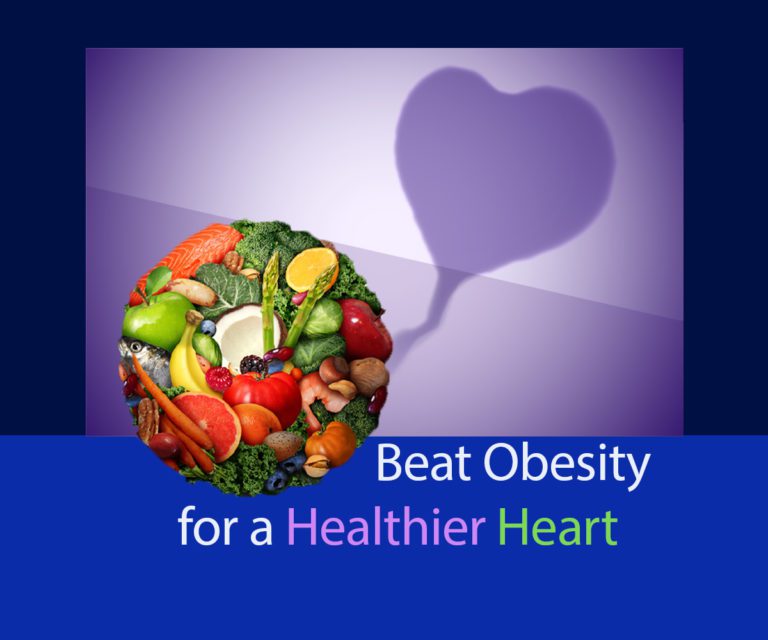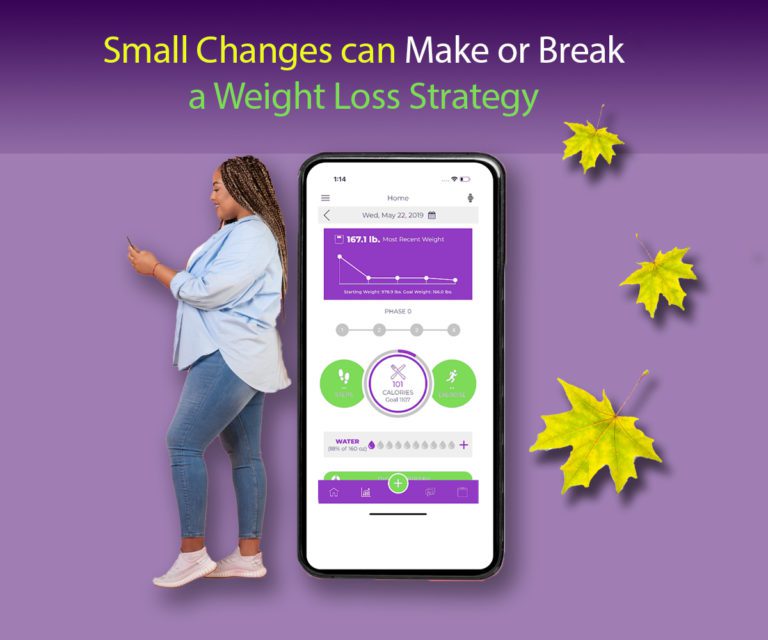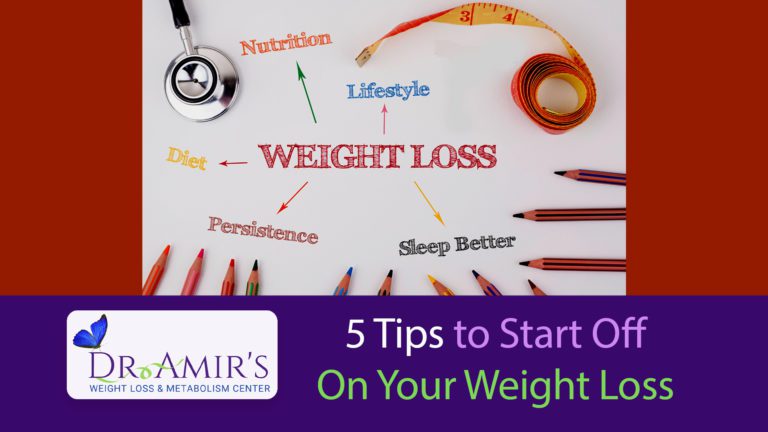The 5 Most Popular Diets Today
With more people than ever searching for how to lose weight fast, a number of diets that promise quick weight loss have recently become very popular. The most popular diets today all have one thing in common, they fundamentally change your eating habits to help you come down to and hopefully maintain a healthy weight. Each uses a different approach, eliminating different foods and emphasizing others to achieve the end goal of losing weight. Each of the most popular diets today are suitable to some people and may not be suitable to others. Factors such as food preferences, digestive issues and overall health influence which popular diet, if any, would be right for you. Ultimately, a bariatric doctor can advise on which elements of a diet would work best for you and which should be avoided, effectively giving you a personalized diet to follow based on your specific situation.
Let’s dive into the five most popular diets and their pros and cons so that you can decide what would work best for you.
1. Pescatarian Diet
Pescatarians eat fish and other seafood and avoid land-based meats such as pork, chicken, turkey and beef. The typical pescatarian includes a wide range of vegetarian ingredients in their meals and snacks including whole grains, leafy greens, cruciferous vegetables, legumes, nuts, and seeds. In most cases, pescatarians also eat eggs and dairy products.
Pros for weight loss
By cutting out land-based meats and replacing them with fish and seafood, pescarians are choosing the healthiest animal proteins available. Fish are likely to be lower in fat than land-based meats and what fat they have tends to be rich in the healthier omega-3 fatty acids that have been shown to decrease chances of heart disease. It shouldn’t therefore come as a surprise that pescatarians tend to have less instances of hypertension, lower blood cholesterol, and are less likely to end up with diabetes and suffer strokes and heart attacks when compared to other non-vegetarians.
Cons for weight loss
Not all pescatarian diets are created equal. Pescatarians have a wide variety of foods and cooking methods available to them that are not necessarily the healthiest choices when it comes to weight loss. Foods such as cheeses, certain shellfish and certain cooking methods such as deep frying in batter may be high in calories, saturated fat and cholesterol which can easily derail efforts to reach and stay at a healthy weight. It is possible to have a diet consisting of large portions of batter-fried fish, sugary sodas and fries which would be unhealthy and not in line with the type of diet that helps people lose weight and keep it off.
2. Keto Diet
Also known as the ketogenic diet, this method of eating emphasizes meals high in fat with adequate amounts of protein and very small amounts of carbohydrates. People following the keto diet would avoid food with sugar, starchy vegetables and grains because these foods are high in carbohydrates. The typical keto diet adherent eats fish and shellfish, land-based meat, eggs, dairy, nuts and seeds, leafy greens, berries and other vegetables that are high in fiber and low in carbohydrates.
Pros for weight loss
People on the keto diet eventually go into a state called ketosis. While in ketosis, the body switches from burning carbohydrates to burning fat as its primary source of energy. Overweight people following the keto diet achieve weight loss consistently by losing fat as a result of being in ketosis. If you are overweight and have a high body fat percentage, switching to the keto diet and staying in ketosis will result in fat loss and thus weight loss and you are likely to see the results relatively quickly. The keto diet particularly shows promising results for long-term weight maintenance when paired with other diets. For example, the average weight loss subject in a Harvard study lost 10% of their body weight on the keto diet and keept that weight off after a year of observation after switching to a Mediterranean diet.
Cons for weight loss
Many people on the keto diet experience side effects that make it difficult to maintain long enough to experience significant weight loss. Ketosis brought on by a lack of fresh fruits, beans, starchy vegetables and whole grains often comes with a deficiency in nutrients, vitamins and minerals needed to feel healthy. As a result, many people suffer from the “keto flu” a condition that involves severe brain fog. Constipation can also be a side effect of the keto diet for some people. Coupled with cravings for sugary and starch food, these symptoms often lead most people on keto diets to resort back to their old eating habits. This undermines the diet effect and leads to yo-yo dieting which is known to shorten lifespans and lead to health problems and more weight gain over time.
3. High Fiber Diet
Fiber is made up of the parts of food that are either too tough for our stomach to digest or cannot be completely broken down into energy by the body. People who follow the fiber diet for weight loss eat a largely vegetarian diet consisting of fibrous greens like celery, certain high-fiber starchy tubers like konjac, many fruits like apples (with their skins on), seeds, whole nuts and certain grains like oats which contain dietary fibers. Adherents of a high-fiber diet avoid getting their calories from foods low in fiber such as meats, dairy, juices and fats.
Pros for weight loss
Foods high in fiber make us feel full without adding calories which helps us develop a calorie deficit. Since calorie deficits are what make us lose weight, the fiber diet has become very popular and has been an effective means of weight loss and healthy weight maintenance for many people. A fibrous diet comes with some added benefits that go beyond weight loss including avoiding constipation, maintaining a clean digestive track and having generally better cardiovascular health compared to those on low fiber diets.
Cons for weight loss
Not all digestive systems are the same and ingesting large amounts of fiber in some people can lead to stomach and intestinal bloating, gas and pain. Those with irritable bowel syndrome or recent bowel surgery should generally stay clear of certain high-fiber foods. Furthermore, it is difficult for some people to maintain a high-fiber diet and get all of the vitamins, minerals and nutrients their body needs. As with other diets, maintaining a restrictive diet can lead to yo-yo dieting which could pack on additional pounds over the long term. Anyone considering a high-fiber diet should first consult a medical professional.
4. DASH Diet
The US National Institute of Health has recommended certain “eating patterns” that can help Americans with high blood pressure. They have dubbed this way of eating the Dietary Approaches to Stop Hypertension otherwise know as the “DASH” diet. People following this diet eat foods that are primarily low in sodium, and avoid foods that contain fats, and tropical oils. The typical DASH diet adherent eats vegetables, fruits, and whole grains, low-fat and fat-free dairy products, fish, poultry, beans, nuts, and non-tropical vegetable oils.
Pros for weight loss
Although the DASH diet was created to maintain a healthy blood pressure and not explicitly to lose weight, studies have shown that some weight loss is possible with this diet. Importantly for many subjects who are overweight, those on the DASH diet can achieve a 10%-14% reduction in the risk for cardiovascular disease when compared to those on the control diet in various studies. Reducing blood pressure and reducing the risk of cardiovascular disease can increase the longevity of overweight and obese people, with weight loss being an added bonus if it happens.
Cons for weight loss
The DASH diet was not specifically made for weight loss purposes and some of the design elements of the diet specifically call for processed breakfast cereals and yogurts with added sugars. These highly processed carbohydrates with added sugars are not ideal for those looking to lose weight. Furthermore, the DASH diet has little emphasis on portion size and snacking, two crucial elements in maintaining a calorie deficit, thus the DASH diet is missing an important factor that may make other diets that are specifically designed for weight loss more appropriate for overweight and obese individuals.
Embarking on a weight loss journey can be a daunting task, but fear not—enter the unsung heroes of weight loss: Bariatric doctors. Now, let’s clear the air right from the start. Bariatric doctors aren’t all skilled surgeons performing weight loss procedures. Most of these doctors are experts of medical weight loss, medical specialists who can sculpt a healthier version of you without putting you under the knife.
5. Military Diet
The so-called Military Diet (which is not associated with the military) is a diet plan that emphasizes quick weight loss through intermittent fasting. Followers of the military diet eat around 1,200 calories per day for 3 days then eat up to 1,500 calories per day for 4 days. If you are on the military diet, you can repeat this cycle for a month or more until your weight loss goal is achieved. Adherents to the military diet get proteins from animal-based products such as cottage cheese or hotdogs which they eat in conjunction with some plant-based foods such as peanut butter, apples and carrots. They also drink caffeine and attempt to manipulate the body’s ph balance which they believe will speed up weight loss.
Pros for weight loss
Any plan that promotes a calorie deficit is likely to produce weight loss for as long as the subject is able to tolerate the change to their lifestyle and eating habits. As a result, most people on the military diet benefit from weight loss at least in the short term. The ability to continue to lose weight and maintain a healthy weight using the military diet is debatable as its largely dependent on your ability to live with the ongoing restrictions of the diet.
Con for weight loss
Unfortunately, extreme dietary practices have a poor history when it comes to their ability to achieve and maintain weight loss. This is because few people feel comfortable maintaining an extreme diet for a long period of time. Furthermore, studies have shown that short-term weight lost due to fasting diets is not related to lost body fat, but instead due to lost water and glycogen. In fact, your body is more likely to store and hold onto body fat on the military diet, since this type of diet reduces your metabolism. Finally, the highly processed foods (eg: hot dogs, ice cream and peanut butter) that are promoted by this diet do not lead to better overall health since studies have linked processed food consumption to type 2 diabetes, certain types of cancers and other diseases.
The Importance of a Weight Loss Doctor
Embarking on a weight loss journey can be a daunting task, but fear not—enter the unsung heroes of weight loss: Bariatric doctors. Now, let’s clear the air right from the start. Bariatric doctors aren’t all skilled surgeons performing weight loss procedures. Most of these doctors are experts of medical weight loss, medical specialists who can sculpt a healthier version of you without putting you under the knife.
What sets bariatric doctors apart is their expertise in the mechanics and habits influencing weight loss success. They’re the navigators guiding you through the maze of choices, helping you understand how lifestyle impacts your weight. Think of partnering with a bariatric doctor as having a wellness sherpa, guiding you through the peaks and valleys of shedding pounds and keeping them off.
One of the key roles of a bariatric doctor is defining realistic and healthy weight loss goals. They don’t rely only on the numbers on a scale but employ sophisticated tools like body composition measurement devices. A good bariatric doctor is also like an accountability partner. This means that they remain contactable and personalize their responses to help their patients tackle specific issues. This ensures that your weight loss goals are sustainable and align with what’s truly beneficial for your overall health.
Ever heard of meal replacements? Bariatric doctors wield these as powerful tools in their arsenal. Unlike many diets, these interventions aren’t about deprivation but smart, controlled eating. Meal replacements help you manage your diet effectively, providing the nutrients your body needs while curbing the excessive calories that might sneak in.
While weight loss doctors are licensed to prescribe medications like Ozempic and Wegovy, the better doctors take a more holistic approach and do not rely solely on these drugs. The best weight loss doctors recognize that these medications, like many popular diets, aren’t sustainable long-term solutions for most people. Seek out doctors that delve into lifestyle interventions, emphasize personalized plans and work with you to make behavioral changes.
Dr. Amir’s Weight Loss and Metabolism Center
At Dr. Amir’s Weight Loss and Metabolism Center, we understand that the path to a healthier weight is unique for every individual. Our approach goes beyond traditional weight loss strategies; we offer a comprehensive program designed to address the specific needs of overweight and obese patients.
Our programs leverage the power of carefully curated meal replacements. These options are not just about cutting calories; they are a fusion of nutrition and taste, ensuring that your body receives the essential elements it needs for sustained health. From protein-packed shakes to wholesome soups, we provide a variety of options tailored to your preferences.
At Dr. Amir’s Weight Loss and Metabolism Center, we understand that your body’s composition plays a key role in determining your overall health. After all, we realize that you come to us to lose fat, not water or muscle! Therefore, we employ advanced body composition testing to monitor changes in fat mass, muscle mass, and overall body composition. This data is a compass, guiding us to make precise adjustments to your plan as needed, ensuring that you’re on the right track.
Your health is our priority. Regular check-ups are an integral part of our program. We monitor your progress, address any concerns, and provide ongoing support to keep you motivated and on course. Our team is here to celebrate your successes and guide you through challenges.
If you’ve been grappling with obesity or being overweight and you’re considering a medically supervised solution, our bariatric doctor, Dr. Rotem Amir, will work with you to create a plan that aligns with your health goals and lifestyle. Contact us via our contact form or book an initial consultation with us today.

